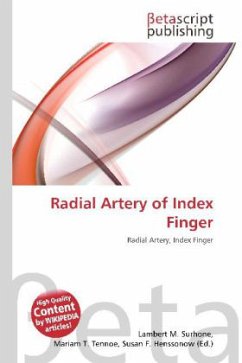A finger is a type of digit, an organ of manipulation and sensation found in the hands of humans and other primates. Normally humans have five digits, termed phalanges, on each hand (exceptions are polydactyly, hypodactyly and digit loss). The first digit is the thumb, followed by index finger, middle finger, ring finger, and little finger or pinky. Some other languages use the same generic term for all five digits of a hand. English dictionaries describe finger as meaning either one of the five digits including the thumb, or one of the four excluding the thumb (in which case they are numbered from 1 to 4 starting with the index finger closest to the thumb). Linguistically, it appears that the original sense was to include the thumb as a finger: penkwe-ros[citation needed] (also rendered as penqrós was, in the inferred Proto-Indo-European language, a suffixed form of penkwe (or penqe), "five", which has given rise to many Indo-European-family words (tens of them defined in English dictionaries) that involve or flow from concepts of fiveness. Chimpanzees have lower limbs that are specialized for manipulation, and (arguably) have fingers on their lower limbs as well.
Bitte wählen Sie Ihr Anliegen aus.
Rechnungen
Retourenschein anfordern
Bestellstatus
Storno








